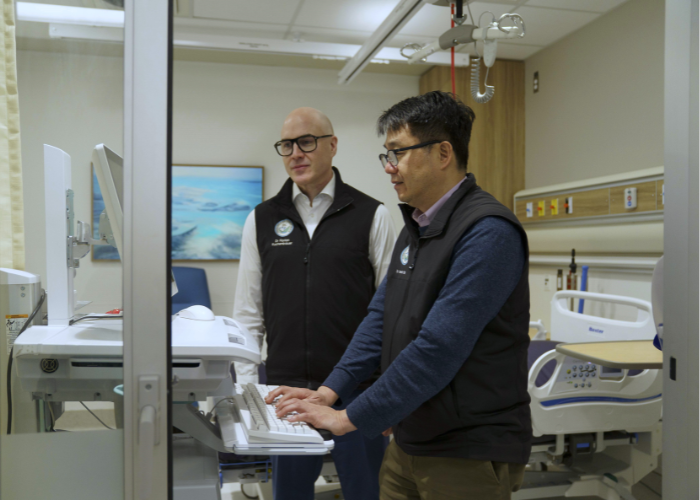
Natural Language Processing can reduce workload, increase timeliness and improve quality of breast cancer care
A new BC Cancer project has been shown to expedite the triaging of breast cancers and accelerate the initiation of treatment.
The CAN-TRI-NLP, or a “CANcer TRIage system to expedite care with Natural Language Processing” project, was funded through the Ministry of Health's Innovation Pathway Program to explore a new expedited breast cancer triage system for faster initiation of appropriate treatment, chemotherapy or surgery.




